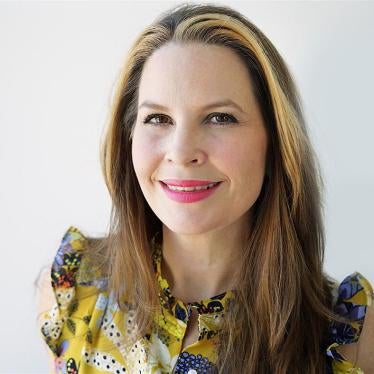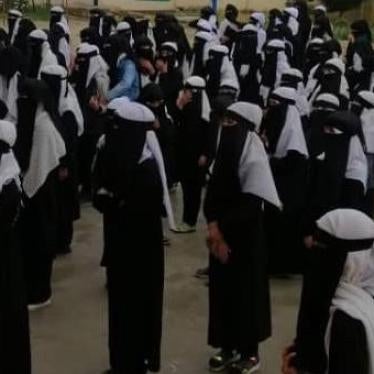Last week German sports journalist Florian Bauer sent out a chilling tweet: “Now it's public. We got arrested in #Qatar, interrogated by the police & the intelligence service. Not allowed to leave the country for days.”
Bauer and his ARD television crew were in Qatar to follow up on a May 2014 press conference at which Qatari authorities outlined how they intend to improve the living and working conditions of hundreds of thousands of migrant workers. Bauer had been to Qatar on several reporting trips since the Gulf state won the right to host the 2022 FIFA World Cup. He and three colleagues were arrested in March in an industrial area outside Doha, where they were interviewing migrant workers on their experiences in Qatar’s construction sector, which is booming as Qatar overhauls its infrastructure in preparation for the tournament.
Bauer and his colleagues were accused of not having the mandatory filming permits, detained for 14 hours and questioned by the intelligence services, and then prevented from leaving the country for 5 days. The television crew’s laptops and personal mobile phones were confiscated, and were sent back weeks later – with all personal data destroyed.
Human Rights Watch has been critical of Qatar’s labor conditions but the country’s openness and willingness to engage had stood in refreshing contrast to the attitude of repressive neighbors such as the United Arab Emirates. However, this aggressive censorship of a journalist does not bode well.
Qatar put itself in the spotlight when it sought and won the competition to host the 2022 World Cup. Until the authorities demonstrate that they are willing and able to protect migrant workers from human trafficking, forced labor, and other serious abuses, journalists will naturally seek to report on these issues. Qatar has a choice – it can either keep arresting journalists and face international censure or it can get its act together on labor reforms. Nobody expects Qatar to fix the problem overnight, but we should expect a lot better than this episode reveals, and so should FIFA.
FIFA operates under the Olympic Charter, which mandates media freedom. If it fails to defend the right of journalists to report on human rights abuses tied to the World Cup, FIFA is dropping the ball. And FIFA’s silence on this case again raises the question as to what exactly President Sepp Blatter means when he calls football a “force for good” around the world.
With the FIFA presidential election on May 29, all candidates should pledge action on the unfolding crisis of migrant labor abuses, and pledge to uphold press freedom and basic human rights. FIFA should not look the other way when a World Cup host cracks down on critics, but resolutely tackle the human rights abuses undermining the foundations of sport.
-----------------
Related:
- European Parliament press release 5/6/15 on sports and human rights
- Testimony by Minky Worden at EP hearing on sports and human rights





